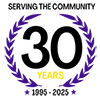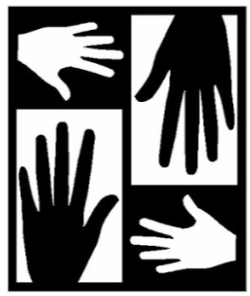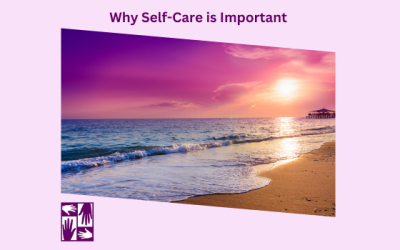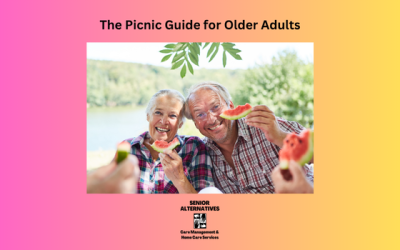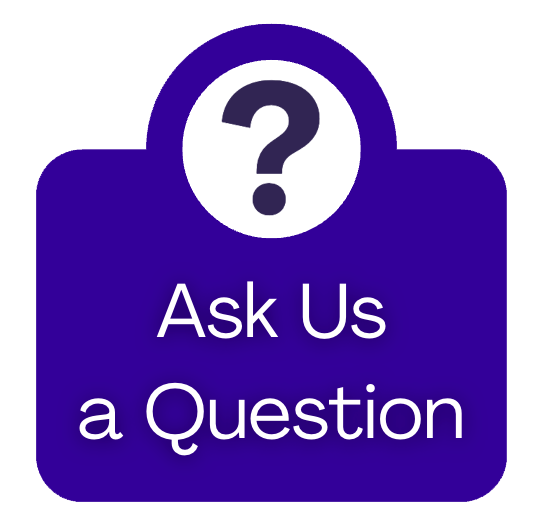June 16, 2020
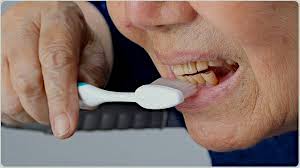
As we age, it often gets more difficult to maintain optimal oral health. Brushing and flossing become more challenging with arthritic or weakened hands, or due to tremors. Many of us with declining cognition just cannot remember to do these daily tasks.
It is critical, though, to keep our mouths clean and visit a dentist at least once a year, in order to prevent other health problems. Research has shown a link between gum disease and heart disease, and between poor oral health and pneumonia in older adults, as bacteria from the mouth can be inhaled into the lungs and cause pneumonia.
As we get older, we also enter a second round of cavity-prone years. One common cause of cavities in older adults is dry mouth. Dry mouth is not a normal part of aging. However, it is a side-effect in more than 500 medications, including those for allergies or asthma, high blood pressure, high cholesterol, pain, anxiety or depression, Parkinson’s and Alzheimer’s diseases. This is just one reason why it’s so important to tell your dentist about any medications that you’re taking. Your dentist can make recommendations to help relieve your dry mouth symptoms and prevent cavities. Here are some common recommendations:
- Use over-the-counter oral moisturizers, such as a spray or mouthwash.
- Consult with your physician on whether to change the medication or dosage.
- Drink more water. Most tap water is fluoridated, which helps prevent tooth decay. Carry a water bottle with you, and don’t wait until you’re thirsty to drink.
- Use sugar-free gum or lozenges to stimulate saliva production.
- Get a humidifier to help keep moisture in the air.
- Avoid beverages that irritate dry mouths, like coffee, alcohol, carbonated soft drinks, and acidic fruit juices.
- Your dentist may apply a fluoride gel or varnish to protect your teeth from cavities.
If you wear dentures, remember to clean them on a daily basis with cleaners made specifically for dentures. Do not use toothpastes for natural teeth or household cleaners, which are too abrasive and can damage dentures. Take your dentures out of your mouth for at least four hours every 24 hours to keep the lining of your mouth healthy. It’s best to remove your full or partial dentures at night.
When you go to your dentist for a check-up bring the following information:
- List of medications, including vitamins, herbal remedies, and over-the-counter medications
- List of medical conditions and allergies
- Names of all your health care providers, including your previous dentist
- Name and number of an emergency contact, someone who can help make decisions on your behalf in the case of a medical emergency
- Your dentures or partials, even if you don’t wear them
Research has shown a link between gum disease and heart disease, and between poor oral health and pneumonia in older adults, as bacteria from the mouth can be inhaled into the lungs and cause pneumonia. As we get older, we also enter a second round of cavity-prone years. One common cause of cavities in older adults is dry mouth.
Related Articles
International Self-Care Day 7/24
The date, 7/24 symbolizes the idea that self-care should be practiced 24 hours a day, 7 days a week. It’s a gentle nudge to make self-care a daily priority, not just a once-a-year activity. Read more on ways to create a self-care plan.
Summertime is here, let us help you plan the perfect picnic…
Summertime is a great time to enjoy the outdoors and plan a picnic, the perfect opportunity to bring joy especially for seniors in your life. With a bit of thoughtful preparation, you can create an experience that is both comfortable and memorable. To help you get started, here are some tips and ideas to plan a senior-friendly picnic that prioritizes accessibility, safety, and relaxation.
Boost Cognitive Function Through Brain Exercises
Just like the rest of your body, your brain changes and adapts over time. Through a concept known as neuroplasticity, your brain can form new connections, strengthen existing ones, and even recover lost abilities. Regular mental exercises can have a significant impact on your brain health. Read on to know more…
